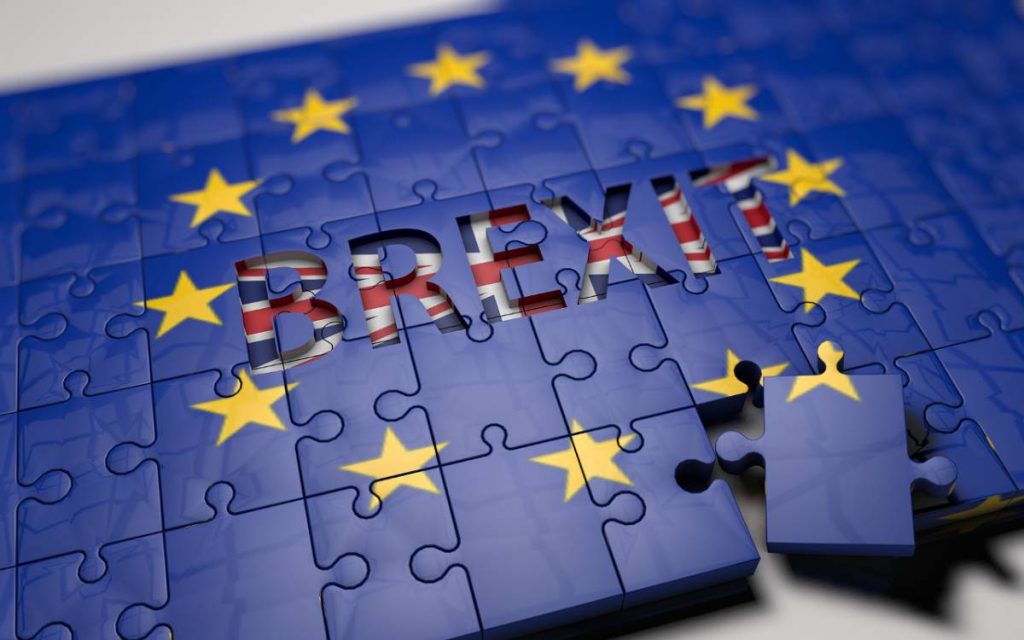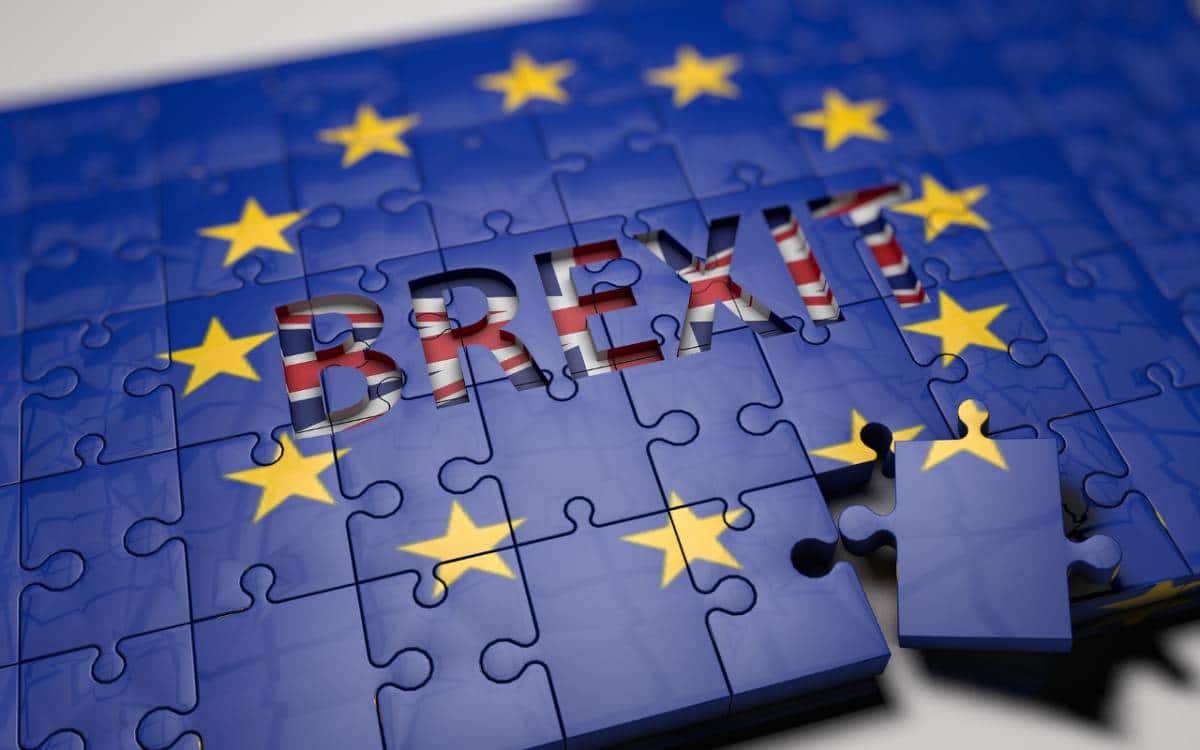
While much still remains to be decided, the post-Brexit outlook for businesses and consumers in the UK is looking rosier. Figures for the end of 2016 and start of 2017 show continued growth in employment, wages and productivity, continuing a heartening ‘Brexit bounce’.
Unemployment figures for the UK as a whole fell to 4.8% in October, and held steady for the entire last quarter. This equals a record set in 2005, and surpasses previous records for the proportion of female, retirement age and minority employment.
Wages and productivity also showed signs of resilience in the face of economic pressures. Wage growth fell by two points to 2.6%, but remain well above the 1.8% rate of inflation. Output per hour meanwhile continued to grow by 0.3% quarter-to-quarter.
Pressures derived from Brexit had raised concerns of major hits to economic growth in the UK. Inflation is still expected to rise over the next year, with the falling value of the Pound Sterling a chief culprit.
But expectations of a rise in unemployment have been avoided, and consumer spending has so far remained stubbornly high. A modest 0.5% rise in January follows hot on the heels of a 2.5% splurge in December.
While the economy shows signs of caution on the part of consumers, the desire to spend following years of recession is evident. Most businesses have so far shielded consumers from the cost of rising import prices, while UK consumer borrowing grew by £528m in January.
Exporters and speciality business have seen particular benefits, with luxury goods and tourism markets benefitting from an influx of foreign currency. Changing technologies also offer the potential for further resistance to expectations of slowing growth. The rise in contactless payment solutions and continued growth of online shopping look set to lead to more impulse spending.
While there will no doubt be difficulties ahead for UK businesses to navigate, the economic climate has so far defied all popular predictions. With Britain remaining one of the world’s easiest locations to do business, there remains significant value in UK company incorporation.
For more information on company formation in the UK, visit our UK page or contact us here.





